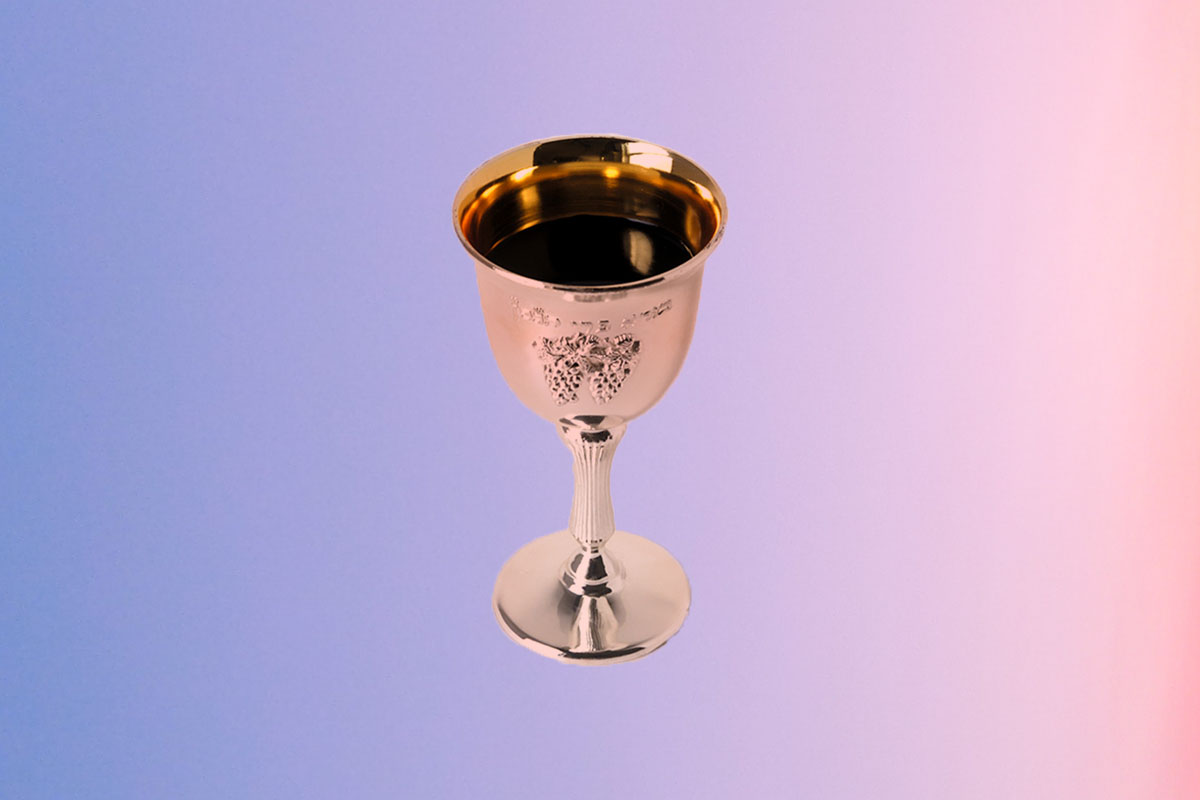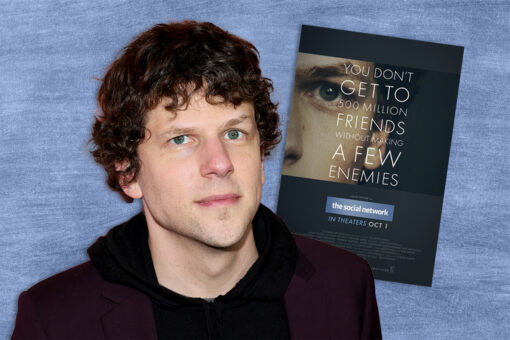At 23, I decided I couldn’t get sober before my Jewish wedding.
To clarify, I didn’t have a boyfriend — much less a fiancé — at the time. What I did have were horrible hangovers, anxiety, and a toxic relationship with alcohol. But the idea of sipping water under the chuppah at my hypothetical wedding was terrifying enough to keep me drinking for another five years.
Alcohol was embedded in every fabric of my life: dating, socializing with friends, and attending work functions. As a young Jewish woman, I also noticed wine at every religious occasion I attended: the four glasses at Passover seder, the shared cup under the chuppah at wedding ceremonies, and the bottles on every Shabbat dinner table.
For the record, I hardly grew up attending synagogue every week. I was raised in a very Reform Sephardic Jewish household, only went to temple on the High Holidays, and dropped out of Hebrew school shortly after my bat mitzvah. But being culturally Jewish was still a part of my life, and I couldn’t imagine participating in religious events without alcohol. In my mind, “nice Jewish girls” were supposed to sip wine casually and without a problem during the holidays.
I was desperate to make alcohol work for me, but despite my best attempts, I ultimately found myself getting sober at 28. I kept my newfound sobriety a secret, too embarrassed to share my vulnerable truth. My last drink was a few days before Rosh Hashanah, and I spent that first holiday meal tersely shaking my head every time my parents offered me wine. I gritted my teeth through those first few months, stuffing my face with latkes at Hanukkah to avoid questions and skipping out on New Year’s Eve plans to hibernate at home with Netflix.
The following spring, I had the opportunity to visit Morocco through an organization that facilitates global trips for Jewish young adults. My grandparents grew up in Casablanca and infused our family with Moroccan Jewish traditions, but I had never visited Morocco before. I was excited, but I also felt like a nervous teenager starting at a new school. We would be traveling in a group, socializing every night, and forming new friendships. I worried my sobriety would seem weird, so I continued to keep it to myself.
In Morocco, our group visited Jewish schools, synagogues, and community centers and celebrated Shabbat in Marrakesh at the end of the week. At that Shabbat dinner, I raised my full wine glass with the rest of the table as we said the Kiddush blessing. When the rest of the table drank, I lowered my glass quickly, never letting the liquid touch my lips. My face flushed whenever a new friend asked if I wanted more wine, and I hated myself for lying. The guilt lingered after the trip ended. I felt so connected to the religious traditions we had experienced as a group, but lying about my sobriety kept me feeling separate and alone. I realized that I didn’t want to hide this new part of my identity anymore.
I took small steps to be more open about my sobriety with friends and family over the next few months. I celebrated my second Rosh Hashanah and Hanukkah sober, and my initial unease began to dissipate. I became more comfortable socializing and dating without alcohol, and in my second year sober, I even fell in love.
A few months into this relationship, my boyfriend invited me to spend Passover at his parents’ house. It wasn’t my first sober seder, but it was my first time meeting his entire family, and all the nerves I felt in early sobriety rushed back. I worried about hypotheticals: the moment in the seder when everyone drinks the first cup of wine and all eyes, for some reason, on me and my empty glass. I didn’t want my boyfriend’s family to think I was rude if I didn’t drink that cup of wine, but I also didn’t want them to think that my sobriety meant I was a former wild child or a bad match for their son.
The morning of the holiday, my boyfriend casually mentioned that he had asked his mom to put out a bottle of grape juice at the seder for me to drink instead of wine. “It’s no big deal,” he said nonchalantly, seemingly unaware of the fact that I was crying internal tears of relief. I thought back to all the time I had spent hiding my sobriety, and was so relieved to not have to fake it anymore. I was able to be genuinely present, get to know his family, and experience their holiday traditions. No one questioned what I was drinking and it was the best grape juice I have ever tasted.
As for that Jewish wedding, it’s still a hypothetical. But what isn’t a hypothetical are all the experiences I’ve been able to experience, hangover-free, in my last two years of sobriety. When I was still drinking, I didn’t really know what being Jewish meant to me. It was always in the background of my story, like the name of the elementary school I attended, but not at the forefront of my identity.
Now, I’m able to see and understand my Jewish life as a way to connect on a deeper level with my family and the world around me. Maybe some “nice Jewish girls” sip wine casually under the chuppah, but this Jewish girl is actually present for a new spiritual life.
Image by nano/Getty Images



